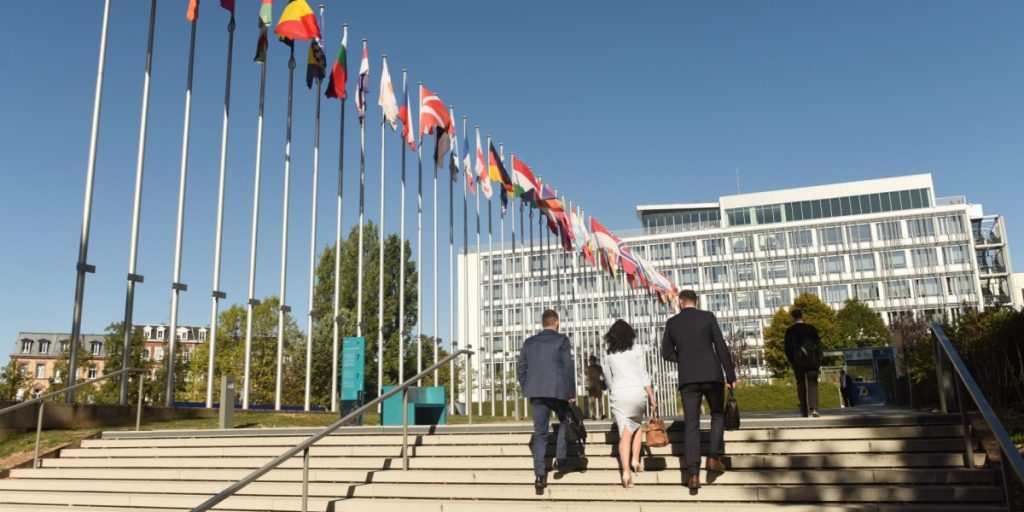EU Ambassadors Craft Security Assurance Agreement for Ukraine Amid NATO Membership Deliberations.
Others are reading now
EU ambassadors have hammered out an 11-page “confidential” document detailing the bloc’s commitment to safeguarding Ukraine until its prospective admission into the EU and NATO.
According to a report by the German newspaper Welt am Sonntag, which gained access to the document, this move marks a significant development in European diplomacy.
The negotiated guarantees are designed to remain effective until Ukraine becomes a member of the European Union and the NATO alliance. Among the key commitments outlined in the agreement is the provision of consultations to Ukraine within 24 hours following any potential aggression against the country.
This arrangement, however, stops short of promising direct military intervention.
Also read
As tensions in the region persist, the EU and its member states have pledged to play a crucial role in ensuring Ukraine’s immediate and long-term security and stability.
This support spans military, civil, financial, and diplomatic efforts, reflecting a comprehensive approach to the complex challenges facing Ukraine.
Mixed Reactions and Further Negotiations
While the document is currently under discussion between the European External Action Service and the Ukrainian government, only seven EU member states, along with the UK—which has exited the EU—have agreed to provide these security assurances.
These include Germany, Denmark, France, Italy, Finland, the Netherlands, and Latvia. On the other hand, several countries like Slovakia, Hungary, Croatia, Bulgaria, Cyprus, Ireland, Austria, and Malta have expressed reservations or outright declined to engage in similar agreements.
International Perspectives on Ukraine’s Path Forward
The agreement has stirred various reactions internationally. Grigory Karasin, Chairman of the Federation Council Committee on International Affairs in Russia, voiced skepticism about the practical impact of the EU’s security guarantees, suggesting that they hold little substantive value in the broader geopolitical landscape.
Meanwhile, German Ambassador to Ukraine, Martin Eger, emphasized that Ukraine’s entry into NATO could only be considered post-conflict, even though the alliance broadly agrees on Ukraine’s future within it.
Parallel to the EU’s efforts, Ukraine is actively working with the United States to craft what President Volodymyr Zelensky describes as the “strongest” bilateral security agreement. This anticipated document aims to outline military and financial support for the next decade, signifying a deepening of ties between Kiev and Washington amidst ongoing conflict and geopolitical tensions.


